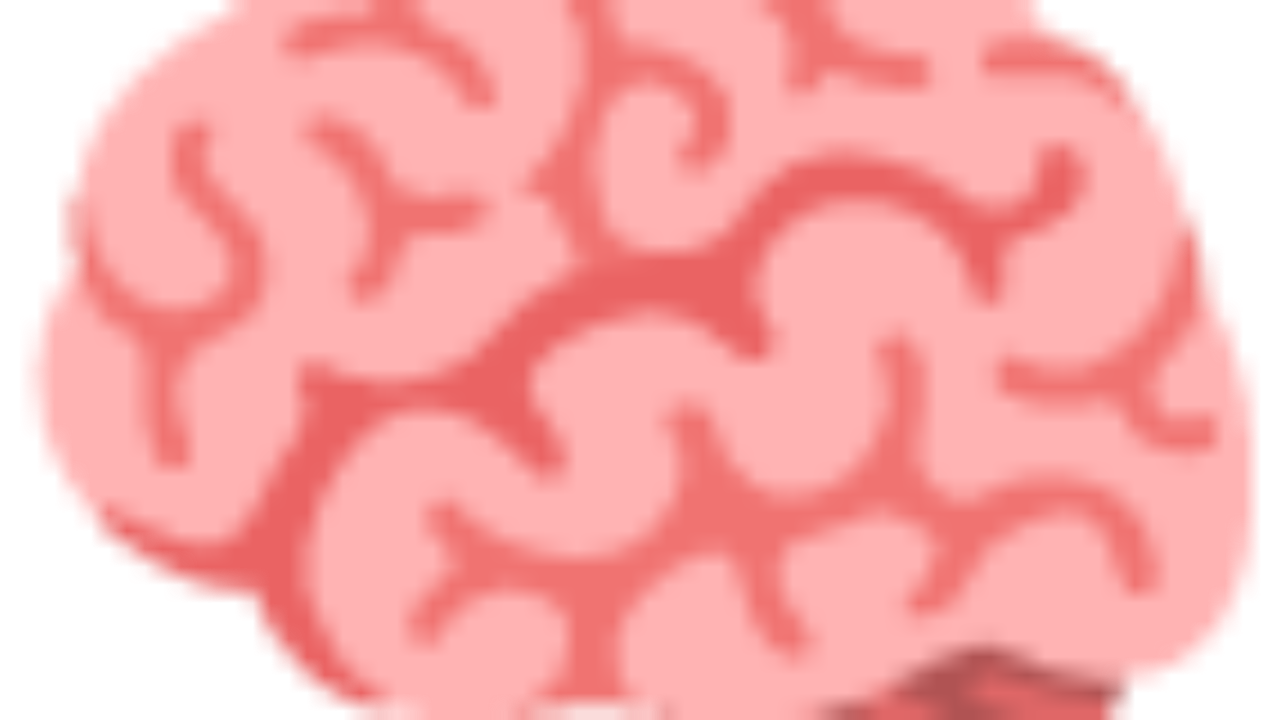Thank Your Brain 🧠
Sep 29, 2025
So there you are, at a Levaya. You’re crying, tissues are passed, the speaker’s words are sinking in… and suddenly, you remember:
“Oh! I have to wish Rivky Mazel tov on her engagement!”
Wait. What? Um, Brainnnnn! Now? This is the time you’re choosing to remind me of that??
… 

 !
!
Turns out, yes. Your brain is doing exactly what it’s designed to do: juggle.
Parallel Processing
While our heart is busy breaking, our frontal lobe (a.k.a. The Responsible part of the brain) is flipping through our mental to-do list. “Remember to wish Rivky Mazel Tov!” And boom—up it pops, right between hespedim.
Is this insensitivity? Is this ADHD? Am I a secret psycho that can’t hold pain?
Answer: It means our brain is working parallel processes in order to protect us!  (Love you, Brain.)
(Love you, Brain.)
BHH, this doesn’t mean we’re insensitive. Whew. Listen up to understand how our brains are brilliantly wired.
Humans don’t grieve in neat, single-tasking compartments. We laugh through tears. (Some families more than others). We remember and even celebrate someone’s birthday while sitting shiva. We wonder about who’s dating who, even during our deepest darkest moments.
It’s not distraction; it’s survival.
If we only stayed in one emotion at a time—pure sadness—we’d completely drown in the emotion. And our brains know that. These little flips to “Oh right, there are other parts of life” are our brain’s way of keeping us emotionally healthier.
So, when you find yourself switching gears in the most “inappropriate-ish” moments, don’t beat yourself up. This is not insensitivity. This is resilience. It’s our brains saying: “Yes, this is so devastating. And also, we need to stay connected to the people around us.”
So go ahead—cry. Then it’s also OK to whisper to your friend “mazel tov.” Both are true. Both belong.
You are not a psycho. (Or maybe you are but not because of this!) (Joke).
Because grief and connection? They’ve always sat side by side.
Quick Science Lesson: (A taste of school!)
Meet the Cast of Characters in our Brains: (I think this is SO interesting but feel free to skip! It’s not real school after all…)
- Amygdala – the drama queen. She’s the one making sure we feel the grief, and she’s not subtle about it.
- Hippocampus – the sticky-note collector. He’s the reason you suddenly remember Rivky’s new engagement while listening to hespedim.
- Prefrontal Cortex – the overworked parent. Constantly negotiating between the other two characters: “Yes, we’re grieving, but don’t forget to be a good friend.”
- mPFC (medial Prefrontal Cortex) – the inner narrator. Our forever running commentary in our brain on what we think and what they might be thinking.
- TPJ (Temporoparietal Junction) – the perspective detective. Always reminding us: “She doesn’t know what you know,” or “He probably meant it differently.” It’s the part of our brain that helps us step into someone else’s shoes.
And when these characters team up? That’s our Social Cognition Network—basically the whole nosy neighborhood committee (mPFC, TPJ, and their friends) working together to make sure you don’t forget other people exist, even in the darkest of times.
Together, our brains create the miracle of being able to sob, reminisce, and ask about engagement updates all at once.
Isn’t the brain fascinating??
I’m obsessed. (And grateful to be normal-ISH!)
 , Shifi
, Shifi




